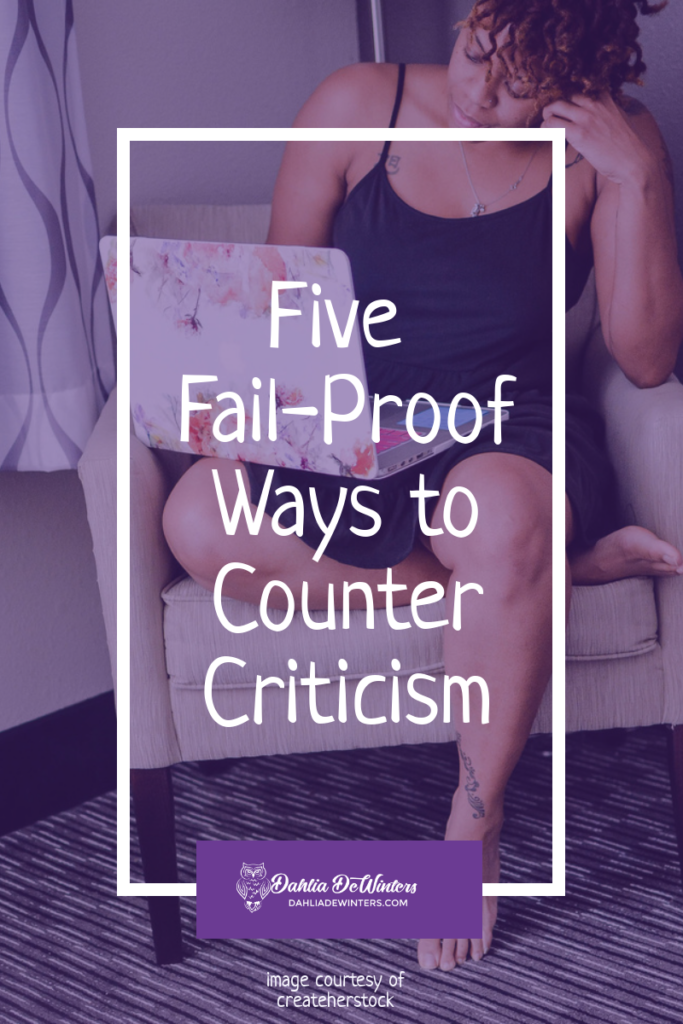Five Fail-Proof Ways to Counter Criticism
Criticism is part of our daily lives. Whether it’s about what we wear, what we watch, what we look like—there is someone out there to point fingers and offer unsolicited advice. Even on the advertisements we see, especially on Facebook, people have taken it upon themselves to let the model exactly how they feel about (usually) her appearance and what she looks like. In an atmosphere like this, its nearly impossible to avoid the harsh words of others. So, the aim is not to avoid it, but how to address it? As a writer with entertainment words “out there” for all to see, criticism is a daily part of our lives. Amazon, Goodreads, and book review blogs are there to tell us what we’ve done right and what we’ve done wrong. To be honest, it is difficult to read how someone doesn’t like a story or a character near and… Continued
